SAEDNEWS: More than 300 South Korean workers detained in a massive U.S. immigration raid at a Hyundai plant in Georgia have returned home, sparking anger in Seoul and raising questions about the future of billions in South Korean investment in America. The incident has put unprecedented strain on Washington–Seoul ties amid ongoing trade talks.
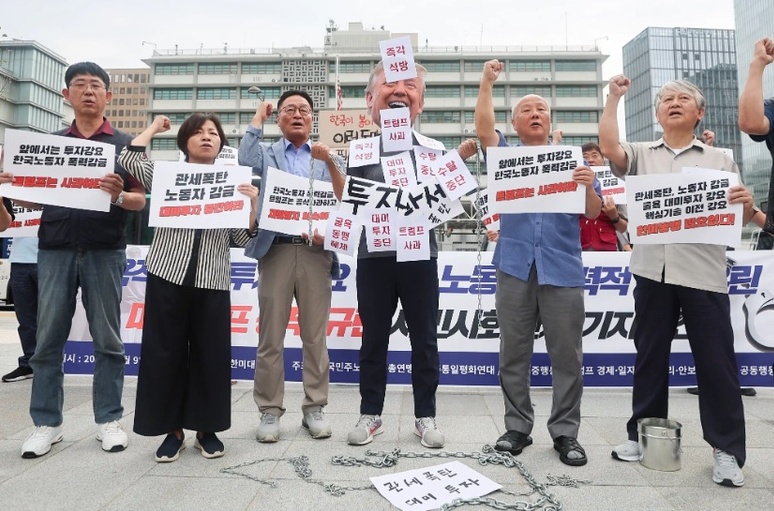
More than 300 South Korean nationals arrived at Incheon International Airport on Friday after being detained in one of the largest immigration raids in recent U.S. history. The raid, carried out at Hyundai’s electric vehicle battery facility in Georgia, has shaken not only the lives of the workers involved but also the diplomatic and economic ties between Seoul and Washington.
The workers, many of them mechanics and technicians contracted to install production lines, were arrested last week alongside dozens of other foreign nationals. They were led away in handcuffs and chains, an image that sparked outrage across South Korea.
“I’m back, I’m free,” one worker shouted as he was ushered into buses to reunite with family. The scene was a mixture of relief and exhaustion, with journalists and protesters waiting outside the terminal.
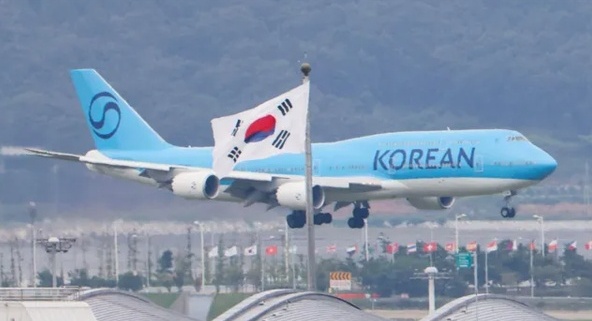
South Korean President Lee Jae Myung said the workers’ return was delayed by over 24 hours because of direct instructions from the White House. According to Seoul’s foreign ministry, President Donald Trump personally ordered the pause, demanding that U.S. officials confirm whether the workers were willing to remain in America to continue working and training local staff.
Trump later defended the operation, insisting that foreign firms must prioritize hiring Americans. He wrote on social media that Washington would “quickly and legally” allow companies to bring in overseas staff if they adhered to immigration laws.
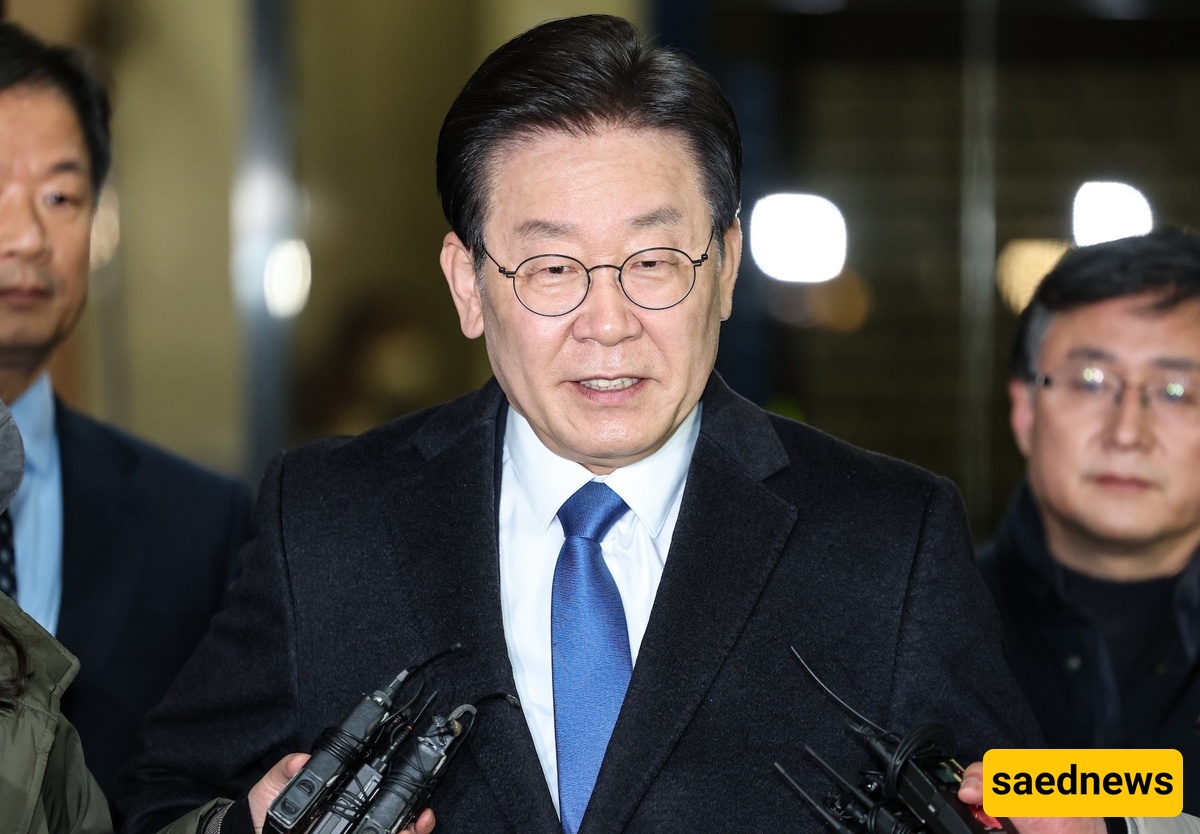
The images of Korean workers shackled like major criminals have triggered public fury. Demonstrators at Incheon airport held banners mocking Trump and questioning why Seoul should continue to pour billions into U.S. factories.
“Public outrage over detention of 300 Koreans, shackled up and treated like major criminals! Why shall we continue U.S. investments after such back-stabbing?” read one protest sign.
Major newspapers described the raid as a “shock” and a “humiliation,” with editorials warning that the crackdown could have a chilling effect on South Korean business operations in America.
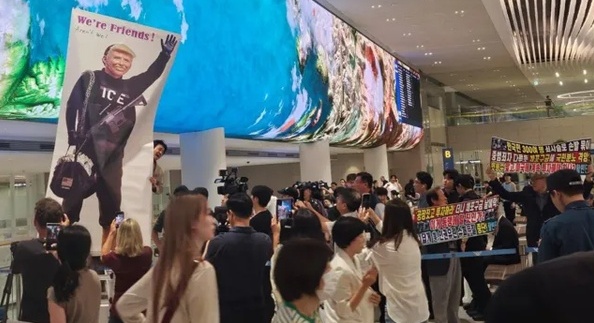
South Korea has pledged tens of billions of dollars in investment in the United States, partly to counter U.S. tariffs and to align with Washington’s push for domestic manufacturing. Hyundai’s Georgia plant, built in partnership with LG Energy Solution, represents one of the largest foreign projects in the state.
But Hyundai’s CEO José Muñoz has already warned the raid will delay the factory’s opening by at least two to three months, as the company scrambles to replace detained staff. LG Energy Solution also stressed that many of the arrested employees held valid visas or were working under the visa waiver program, raising further questions about the justification for the arrests.
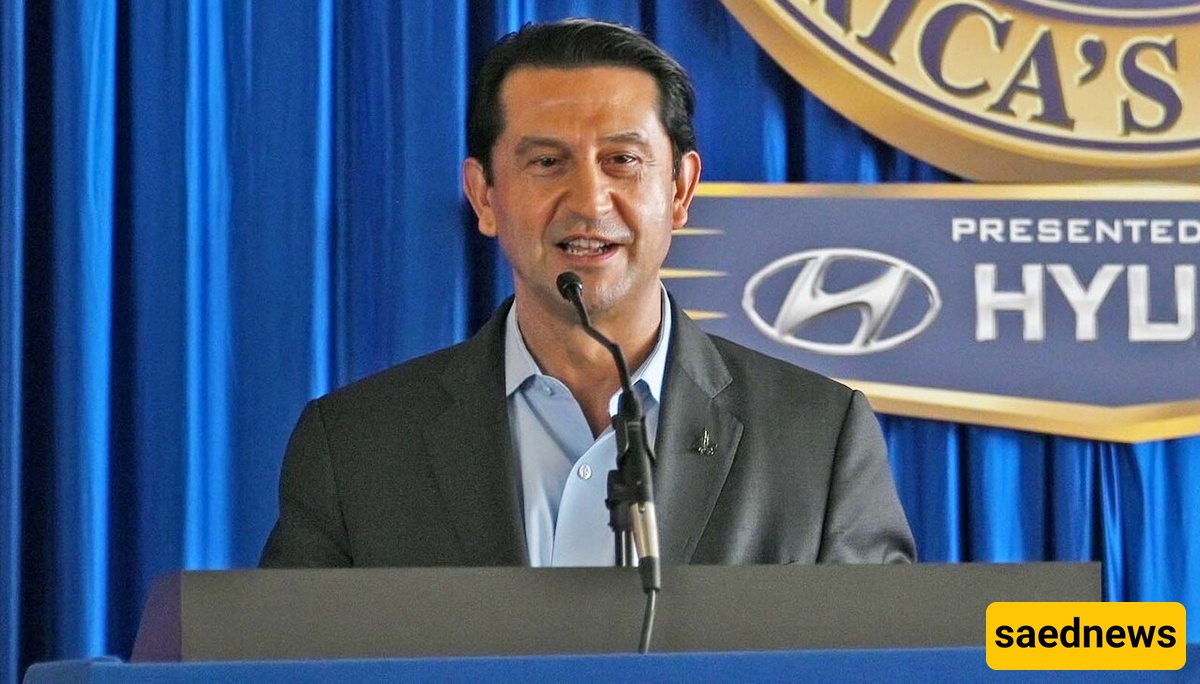
President Lee voiced strong concern, saying: “If sending Korean staff to help build factories is no longer acceptable, establishing manufacturing facilities in the U.S. will only become more difficult. Companies will question whether it’s worth doing at all.”
South Korea’s foreign minister Cho Hyun raised the issue directly in Washington this week, calling on U.S. senators to support a new visa scheme for Korean firms. Yonhap News Agency urged both sides to “cooperate to repair cracks in their alliance.”
The timing of the raid, coinciding with sensitive trade negotiations, has amplified the sense of betrayal in Seoul. Analysts warn the fallout could undermine years of careful diplomatic and economic alignment between the two allies.
For now, the returning workers have requested privacy. Seoul’s foreign ministry has urged media outlets to blur faces in footage and photos to protect their identities.
But the incident leaves a deeper question hanging: can the U.S. and South Korea restore trust in their partnership, or will the Hyundai raid become a turning point in how Korean firms approach investment in America?

